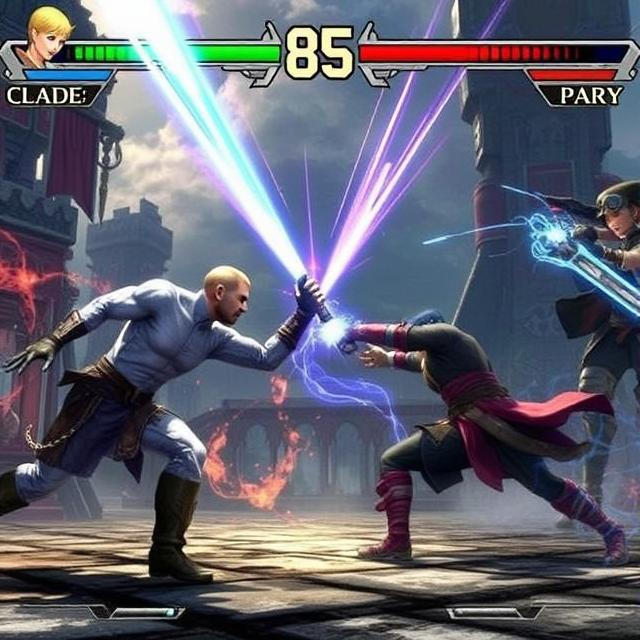Combat systems in action RPGs have come a long way since the early days of pixelated sword swings and simple hitboxes. The evolution is more than just graphical polish — it’s about depth, responsiveness, and player agency.
In the early 2000s, games like Diablo II or The Elder Scrolls III: Morrowind focused more on stats than mechanics. Your success in combat was often determined by character builds rather than player skill. But then came a shift — Dark Souls (2011) revolutionized combat with its methodical pace, stamina management, and a focus on “learning by dying.” Suddenly, timing, enemy behavior, and spatial awareness became just as important as gear.
Modern action RPGs blend the best of both worlds. Elden Ring, Horizon Zero Dawn, and The Witcher 3 offer responsive controls and tactical depth while still respecting RPG roots. Players dodge, parry, and combo in real-time while managing cooldowns, weapon stats, and buffs.
The evolution of combat also mirrors a shift in player expectations. We want to feel in control — like it’s our reflexes, not just numbers, that decide the outcome. With new games experimenting with AI, adaptive difficulty, and even VR combat, the next chapter is likely to push immersion even further.

Leave a Reply